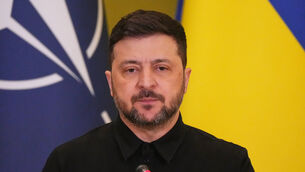European heatwave could last until September
European’s deadly heatwave, blamed for deaths, drying rivers and scorching wildfires, could last until September, weathermen said today.
Experts from Italy’s state-funded CNR research centre said the heatwave was among the five worst in the last 150 years and would likely last until next month.














